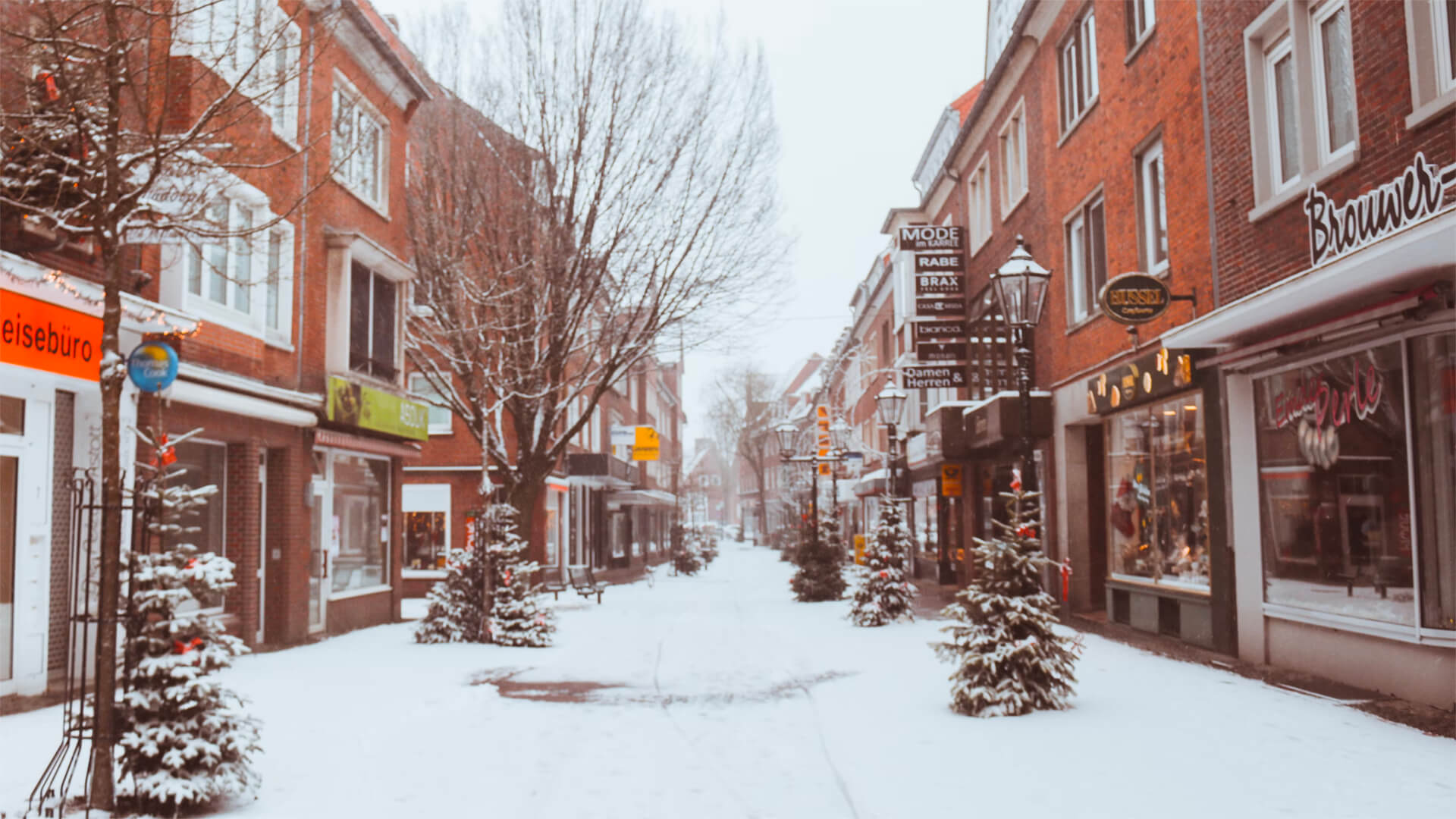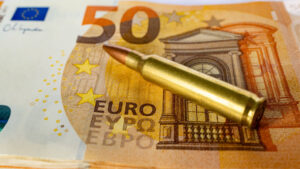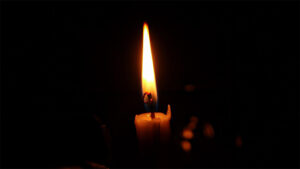We all know Mother Nature saved Europe’s behind last year, but that won’t be the story this year. So, let’s break down the potential impacts on energy supplies across Europe.
With cold temps settling in much earlier than last year, those energy stockpiles won’t last too long. Europe has reduced its dependence on Russian energy, but can the continent’s new energy suppliers keep up with demand?
We will see this energy diversification’s effectiveness put to the test very soon, and any disruptions could carry global implications. This will likely serve as an ‘aha’ moment for countries that source energy from far away and poke holes in that vulnerable system.
Here at Zeihan On Geopolitics we select a single charity to sponsor. We have two criteria:
First, we look across the world and use our skill sets to identify where the needs are most acute. Second, we look for an institution with preexisting networks for both materials gathering and aid distribution. That way we know every cent of our donation is not simply going directly to where help is needed most, but our donations serve as a force multiplier for a system already in existence. Then we give what we can.
Today, our chosen charity is a group called Medshare, which provides emergency medical services to communities in need, with a very heavy emphasis on locations facing acute crises. Medshare operates right in the thick of it. Until future notice, every cent we earn from every book we sell in every format through every retailer is going to Medshare’s Ukraine fund.
And then there’s you.
Our newsletters and videologues are not only free, they will always be free. We also will never share your contact information with anyone. All we ask is that if you find one of our releases in any way useful, that you make a donation to Medshare. Over one third of Ukraine’s pre-war population has either been forced from their homes, kidnapped and shipped to Russia, or is trying to survive in occupied lands. This is our way to help who we can. Please, join us.
TranscripT
Hey, everybody. Peter Zeihan here. Coming to you from Colorado. It is the 5th of December. You’ll be seeing this the following week. And today I want to talk about the weather in Europe and what it’s setting up for us. Unlike last winter, which was one of the warmest winters on record in Europe, winter has come a little bit early across the continent, and it’s a little colder than normal.
We are in roughly the thirties to the forties in Berlin at about ten degrees warmer than that in Paris, about ten degrees colder than that in Kiev. So much more typical, maybe a touch on the colder side. The problem we have, of course, is that the Europeans have gotten most of their energy from the Russian space and they’re in the process of trying to phase that down to zero.
And they’ve had a relative success in doing that. Lots of hiccups, of course, But, you know, it’s a big place.
They’ve done this by doing two things. Number one, they’ve shut down some of their heavier industry, although some of that did come back on this lot online this summer. They’ve also grabbed a lot of natural gas from the United States. The Norwegians have really bellied up to the bar with some new projects and then they’ve gone into kind of what you might consider their near abroad, places like the Middle East and basically and West Africa and just taken everything.
That means that if you are a country that used to get things from those zones and I’m thinking here about Southeast Asia or East Asia or Africa, you’re now getting your crude from further and further away. And this is going to spell some interesting things this this winter. The Europeans lucked out last year because they had such warm weather that they were able to keep energy prices under control and only had to go through a few controlled brown and blackouts if they were to have a really harsh winter.
We’re going to put to the test all the things they put into place over the last year and a half since the Ukraine war. And it’s too early to say that that’s going to be wildly successful or horrible. But what we do know is that because they have reoriented their supplies from further away now and everyone else is now having to get stuff from you and further away.
For example, the anything that the Russians are exporting right now typically goes still out to the western ports on the Black Sea and the Baltic Sea, then goes all the way around Europe and then through Suez or around Africa. But to get to East Asia, for example, which is, you know, a for almost as far actually I think it’s a little further than halfway around the planet.
It is a big place, especially when you throw in Africa anyway. It means that if there is a disruption for any reason, we’re not just looking at the Europeans having problems this time around, it could be much bigger. Something to keep in mind is that there are very, very, very few countries on the planet who have the ability to project maritime power.
The top of the list, of course, is the United States. But the U.S. is in its own energy bubble, so it’s really a non-factor. The second one is Japan. They’ve got the second largest long reach Navy in the world. The United Kingdom is clearly in the third place. The French are clearly in fourth place. And after that, it’s kind of a mix of regional navies.
The Japanese get a lot of credit for having a lot of ships, but most of their ships are these very small 2000 ton Corvettes that really can only sail a few hundred miles. So they may have a lot of vessels, but they don’t have a lot of weight and they certainly don’t have a lot of reach. So in any scenario where there’s not enough energy, either because of a disruption somewhere or a strike or a war, the Europeans are perfectly capable of using their regional navies.
And I’m here thinking like the Spanish navy, the Turkish Navy, the Italian Navy, in addition to the French and the Brits to go into their near abroad and ensure the oil and the natural gas comes to them. And it helps that the United States isn’t going to be a security problem from an energy point of view, and it helps that Norway is hooked up by pipe.
No one else has that. So if you have a disruption, the United States is fine, the Europeans are fine, and the Japanese have the reach and the friendship with the United States to make things happen. No one else does. So we’re now entering a situation where harsh winter anywhere in the world can generate an energy crisis or a military conflict anywhere in the world can generate an energy crisis, or a political spat anywhere in the world can generate a energy crisis, and it makes for a much more vulnerable system because it’s not like you can go next door.
You now have to go several countries away or maybe even a couple of continents. And for most of the world, that has never been an option. And for the countries where it is, they’re the ones that have the military to make sure it works. So it’s not so much that I am worried about Europe this winter, although I’m not not worried.
We haven’t put any of this to the test. I’m worried about everybody else because the Europeans have the capacity to use multiple tools to try to address their problems and they’ve got allies to help. No one else can claim that.








